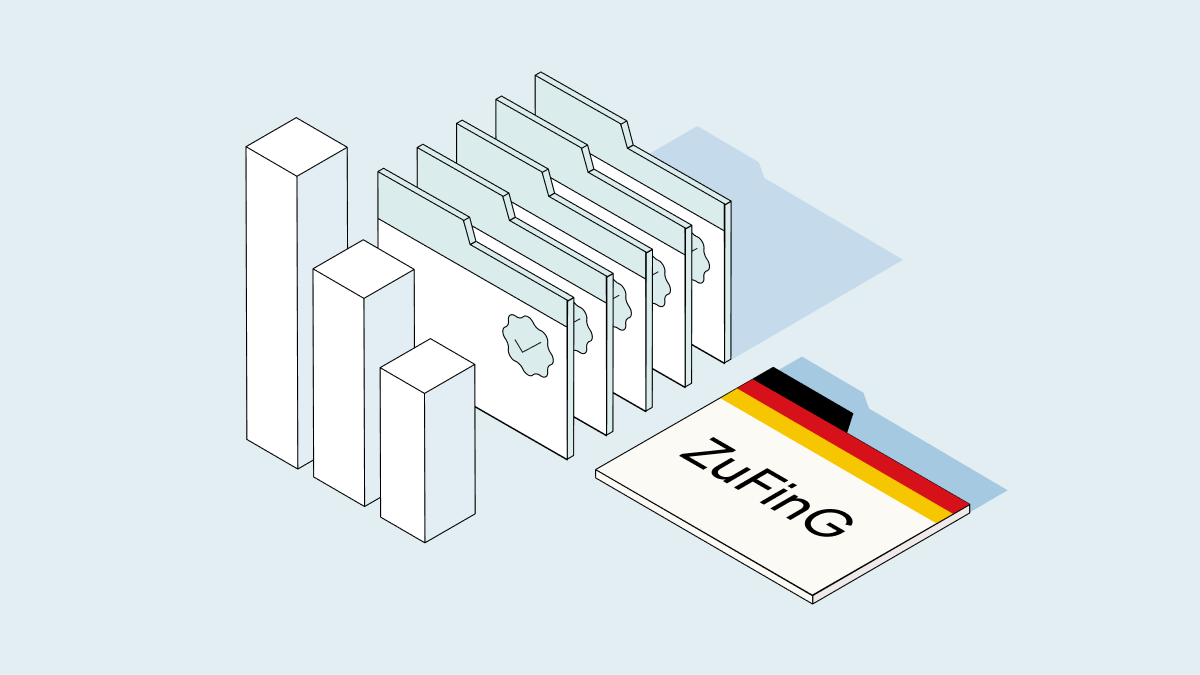Germany may be the largest economy in Europe, but until recently the country had one of the least attractive employee equity frameworks in the Western startup ecosystem.
In a comparative analysis of stock option treatment by Not Optional, an initiative from Index Ventures, Germany tied for last place (23rd out of 24 countries). Each country was judged against six parameters:
-
Plan scope
-
Minority shareholders and bureaucracy
-
Employee tax (timing)
-
Employee tax (rate)
-
Employer taxation
Scoring a meagre 10 out of 30 for stock option “friendliness”, it’s no wonder Germany is struggling to compete with the likes of the US and other European regions in the war for talent.
Last year, however, policymakers took action and passed a collection of reforms under the German Future Financing Act (Zukunftsfinanzierungsgesetz or ZuFinG). The new measures – most of which came into effect on 15 December 2023 – are expected to improve conditions for startups, high-growth companies and employee shareholders alike.
To appreciate the significance of the recent reforms and what they could mean for your business, let’s first take stock of Germany’s historically disadvantageous approach to share-based compensation.
ESOPs in Germany
Prior to 2021, German employees were required to pay income tax on equity they received either free of charge or at a discount to the market value. Tax would be incurred as soon as the shares were transferred to the employee or, in the case of stock options, at the point of exercise, when the shares were usually illiquid.
Since there was no immediate or guaranteed cash benefit from the equity award to offset these tax costs, the so-called “dry income” effect made participation programmes like employee stock ownership plans (ESOPs) a less powerful incentive for startup teams.
The 2021 Fund Location Act
In an effort to mitigate the upfront tax burden attached to employee share schemes, legislators adopted the German Fund Location Act (Fondsstandortgesetz) in 2021, which included an amendment to Section 19a of the Income Tax Act (Einkommensteuergesetz).
Advantages
The new rules allowed employees of qualifying businesses to defer the tax on their grant until they sold their shares or left the company, up to a maximum of 12 years. In addition, only the market value of the shares at the time of transfer would be taxed at the employee’s personal income tax rate, which can be close to 50%; any increase in value would also be subject to capital gains tax at the point of sale, which carries a much lower flat rate of 25%.
Disadvantages
In practice, this amendment was only beneficial to employees who managed to liquidate their equity before the tax liability kicked in. If an employee left the company (or 12 years passed) before an exit event, they’d need to pay income tax on their shares without gaining anything from the transaction. Moreover, the tax deferral provision only applied to a limited number of companies that met the European Commission's definition of a small and medium-sized enterprise (SME), leaving the dry income problem largely unresolved.
The Fund Location Act also did little to address the other obstacles German startups face when granting equity – such as having to pay social security contributions and comply with cumbersome private market regulations. For instance, transferring shares in a limited liability company (GmbH) requires a notary to certify the purchase agreement and submit an updated shareholder list to the commercial register (Handelsregister). The same goes for issuing stock options: if the option agreement isn’t notarised, which can be costly, these transactions aren’t legally valid.
VSOPs in Germany
Between Germany’s unfavourable tax laws and the admin-heavy process of granting equity, traditional share schemes such as ESOPs were almost impossible for companies to implement. As a workaround, German startups have tended to issue “phantom” shares under a virtual share ownership plan (VSOP) to employees instead of “real” shares or stock options.
VSOP vs. ESOP
Virtual shares don’t require notarisation because they’re a financial obligation that is a cash payment rather than official equity. Employees are essentially granted a contractual right to a payout in certain circumstances, such as an exit event, and they’ll only be taxed when they receive the cash. Although the tax liability still exists, delaying the trigger until phantom shareholders have liquid funds at least avoids the dry income effect associated with ESOPs.
Unfortunately, VSOPs are far from a perfect solution. Setting up and managing a virtual share ownership plan can be expensive and time-consuming, which is a major drawback for typically cash-constrained startups. Moreover, any increase in the value of a virtual share (from the grant date to when it’s paid out) is taxed as personal income rather than capital gains, making VSOPs less tax-friendly in the long run.
The 2023 Future Financing Act (Zukunftsfinanzierungsgesetz)
Under these circumstances, it’s no surprise that the long-awaited news of Germany’s financial reforms was met with enthusiasm from the startup and VC communities across Europe.
The Future Financing Act – which was adopted by the German Bundestag (Federal Parliament) on 17 November 2023 and approved by the Bundesrat (Federal Council) on 24 November 2023 – ushered in a whole host of changes across the country’s corporate, tax and capital markets laws. Of particular interest to startups and growth companies are the provisions related to employee equity awards, such as ESOPs, and how they’re taxed.
Tax treatment of ESOPs
As of 1 January 2024, the individual tax-free allowance for employee share benefits increased from €1440 to €2000 per year – on the condition that the equity is offered to all employees with a tenure of at least one year. To further tackle the dry income issue, the Future Financing Act also expands the scope of companies – and therefore employees – that can benefit from the deferred taxation rules initially introduced in 2021 under the Fund Location Act.
As a Library of Congress article explains, the eligibility criteria for tax deferral has been revised to include larger companies that:
-
Employ less than 1000 people (formerly 250)
-
Have a maximum annual revenue of €100 million (formerly €50 million) or an annual balance sheet total of €86 million or less (formerly €43 million)
-
Were founded no more than 20 years (formerly 12 years) before the date of employee participation
These conditions must be met either in the calendar year the equity is transferred (i.e. when shares are issued or options are exercised) or in one of the previous six years, which gives fast-growing companies more leeway. In addition, the maximum deferral period has been increased from 12 to 15 years. A departing employee may still be liable to pay tax on their shares, unless the employer assumes liability for any income tax incurred by the transfer; in this case, taxation can be deferred until an exit event.
By modernising the financial sector, improving access to capital markets and decreasing the friction around employee share ownership, it is hoped that the Future Financing Act will make Germany more attractive to entrepreneurs, investors and tech talent from across the world. Being poised to take full advantage of the improvements to employee share schemes could give German startups a competitive edge in an increasingly tough market.
Simplify equity management with Carta
Whether you’re offering VSOPs or ESOPs to your employees, or switching between schemes, finding a scalable solution that caters to your company’s needs will help you manage equity more efficiently.
With full support for phantom share issuances, option grants and electronic signatures in compliance with the Bundesdruckerei, Carta simplifies share schemes for German businesses and their employees. Issue equity, sign and store documents, keep track of vesting schedules and enable employee exercises – all on a single digital platform. Note that the notarisation requirement still applies when issuing shares and stock options in Germany.




